|
Genres, Themes, Actors, and Directors:
- Ann Dvorak Films
- Corruption
- Native Americans
Review:
As one of the first Hollywood films to take the plight of reservation-bound Native Americans seriously, this heavy-handed but sincere drama is a welcome antidote to early 20th century shoot-’em-up westerns. It’s refreshing, if depressing, to see how Indians were patronized, lied to, raped, and taken advantage of in every way possible; indeed, an incredibly strong case is made in Massacre for legal intervention, which is ultimately the direction the narrative — based on the real-life actions of John Collier, one-time commissioner for the Bureau of Indian Affairs — takes. The rest of the fictional storyline, unfortunately, is less than convincing, with Richard Barthelmess’s anglicized Chief Joe Thunderhorse single-handedly riding into town and exposing corruption and vice:
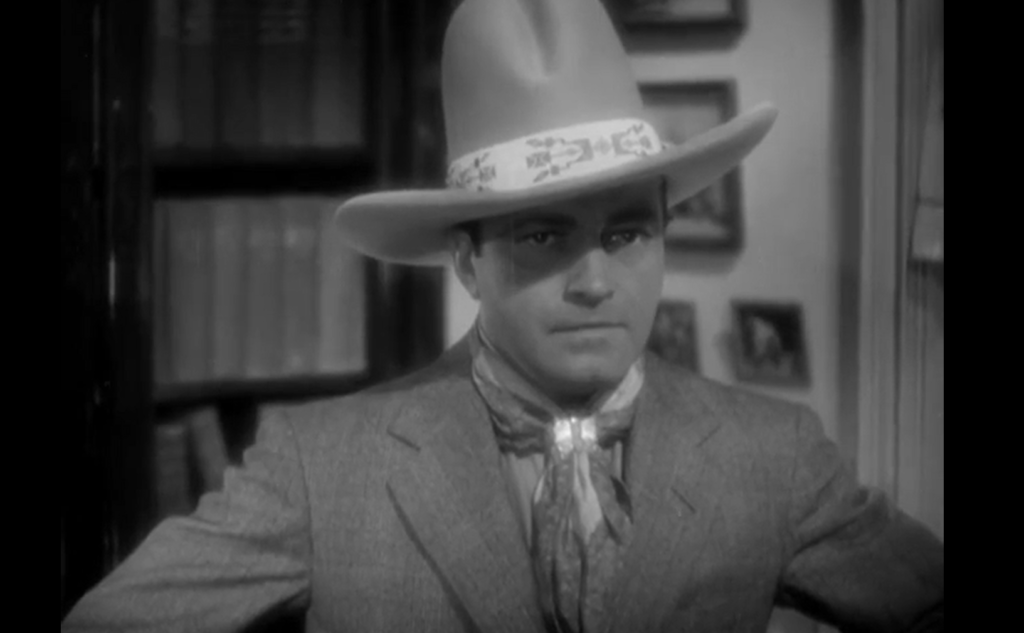
…. while conveniently falling for a local girl (Ann Dvorak in skin-darkening make-up):
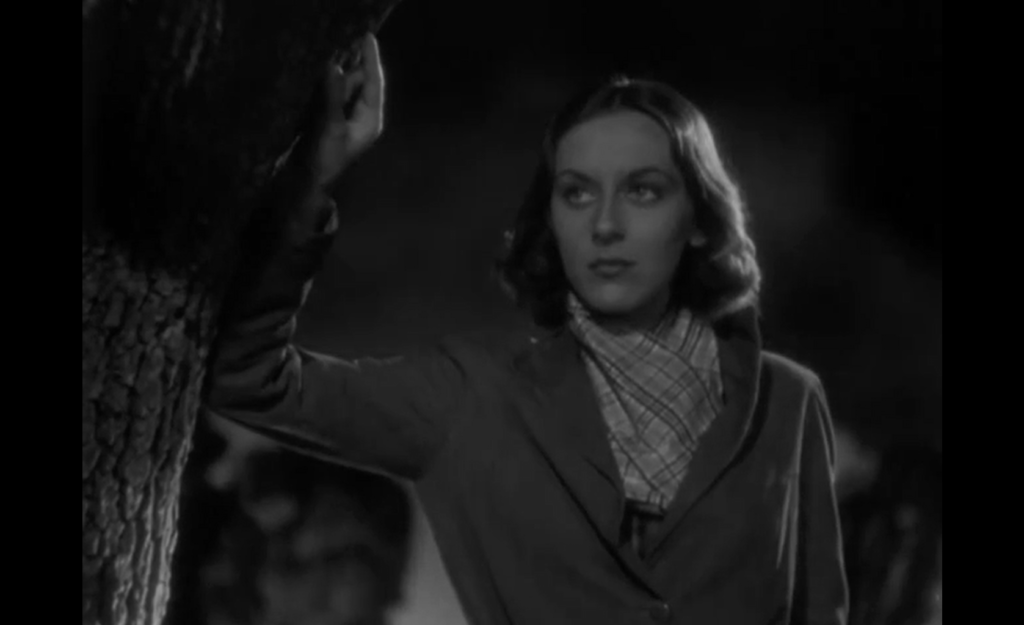
… and forgetting all about the blonde socialite (Claire Dodd) waiting for him back in Chicago.
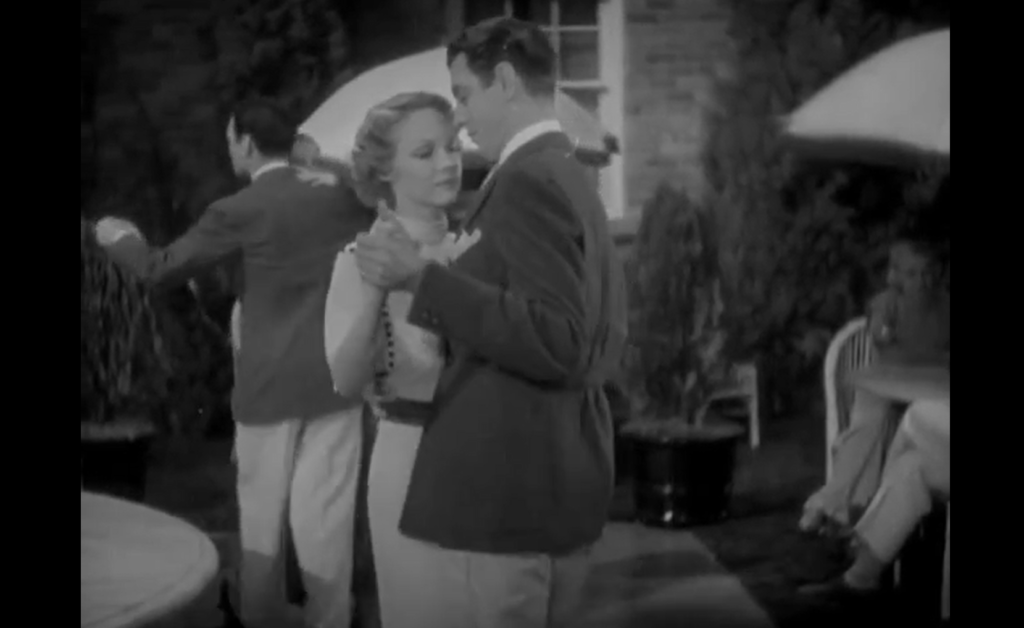
But the power of the movie’s social-justice message is compelling enough to make it worthy one-time viewing for historically-minded film fanatics.
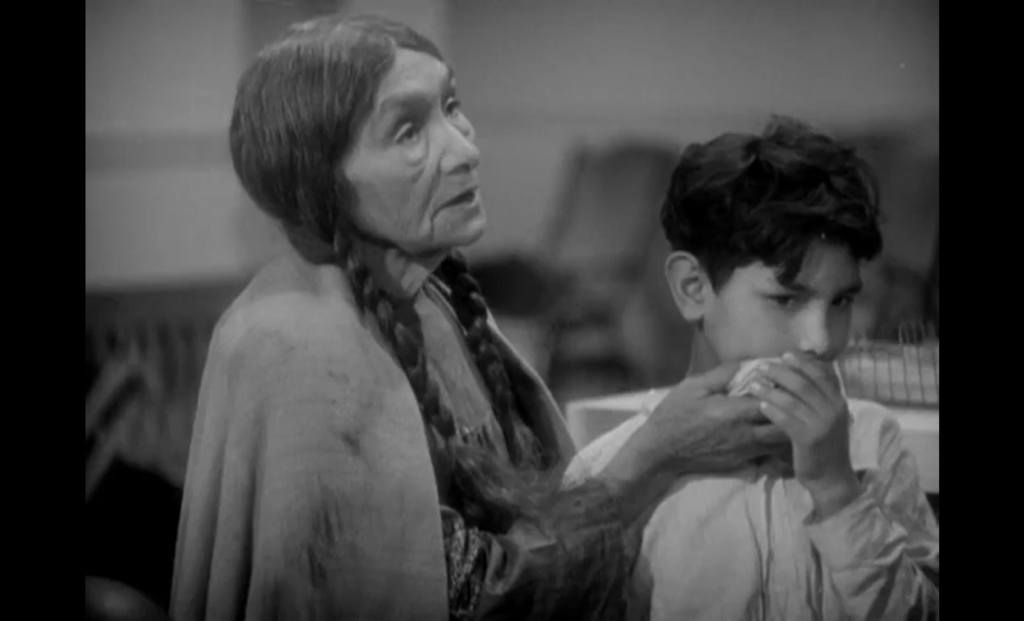
Redeeming Qualities and Moments:
- A refreshingly sincere attempt to portray the struggles of reservation-bound Native Americans
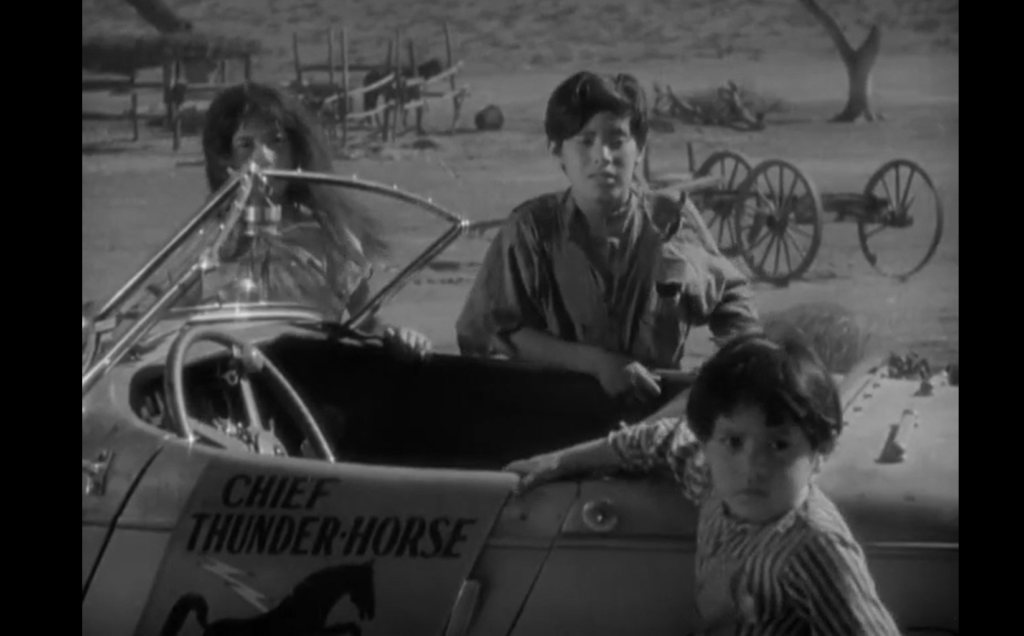
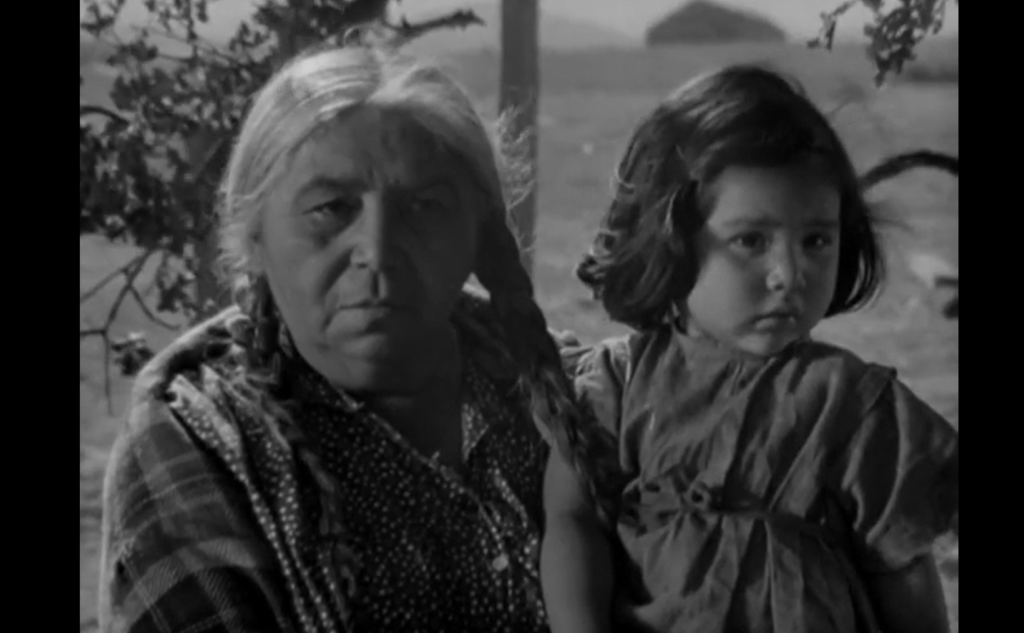
Must See?
Yes, for its historical value. Listed as a Sleeper and a Personal Recommendation in the back of Peary’s book.
Categories
Links:
|
One thought on “Massacre (1934)”
First viewing.
A once-must, for reasons stated in the well-put assessment. It is a refreshing, compelling look at the subject matter – it at least draws attention to the subject in a way I’ve not seen before in a film dating back this far. As a result, I’m not as concerned about the “less than convincing” element mentioned.
Being only 70 minutes long, simplification is inevitable. But what’s depicted is believable enough in terms of what preceded the Indian Reorganization Act:
http://en.wikipedia.org/wiki/Indian_Reorganization_Act
The sequence involving Barthelmess seeking revenge for the rape of his 15-year-old cousin is rather startling for the era.